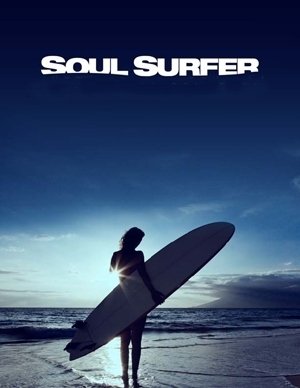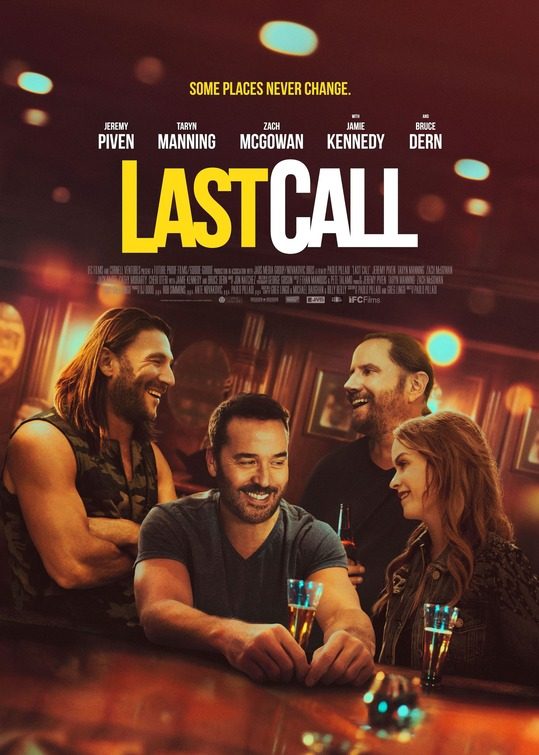"Nothing Worth Saving"

| None | Light | Moderate | Heavy | |
|---|---|---|---|---|
| Language | ||||
| Violence | ||||
| Sex | ||||
| Nudity |
What You Need To Know:
LAST CALL is unfunny and depressing. The movie has an interesting story to tell, but the story is buried because it’s terribly marred by mockery of Catholicism, sacrilege, more than 100 “f” words, sexual immorality, drunkenness, drug use, and extremely lewd behavior. LAST CALL is abhorrent and unsuitable for any audience.
Content:
More Detail:
LAST CALL is the tale of a real estate developer, Mick, who returns to his old Philadelphia neighborhood in Darby Heights after his mother dies. His family’s bar is in foreclosure. Mick must decide if he will save the bar, or profit from its demise and continue in his lucrative career in his upscale side of town. LAST CALL is depressing, unfunny and full of debauchery and lewd behavior, which includes abundant “f” words, along with prostitution, sexual immorality, pornography, substance abuse, and other destructive behavior.
After the death of his mother, Mick finds himself back in his old Irish neighborhood, which, like his family, is struggling to survive. His family is falling apart. Dougal, his brother, can barely manage to stay out of prison. The patriarch, Lawrence, is unable to keep the bar afloat. Old childhood friends are the same sophomoric addicts that they were when Mick left to attend Cornell University several years before.
One highlight of Mick’s return, however, is that he reconnects with his childhood sweetheart, Ali. Though it seems Mick makes some healthier choices to better his life, his family and friends express their disappointment, accusing Mick of leaving his neighborhood for the pursuit of money.
Mick’s real estate boss, Charlie, sees an opportunity. He asks him to collect signatures in the Darby neighborhood under the pretenses of wanting to build a casino. Mick takes advantage of all of his connections to campaign for the casino. Mick rallies support for his new endeavor.
Old habits resurface, however. Mick’s buddies coerce him into heavy drinking, bar fights, drugs, and laziness. Instead of making an effort to save the bar, Mick tries to convince his father to join a retirement community. Lawrence has no desire to leave his neighborhood, however.
Mick falls in love again with his childhood sweetheart Ali. Ali is committed to building up the neighborhood, but she’s opposed to the building of a casino. Ali doesn’t part in the licentious behavior of Mick and his friends. However, she doesn’t really object to the behavior either.
The family bar has several crosses, crucifixes, and rosary beads, but there is no semblance of a Christian lifestyle anywhere. In fact, a drunken priest is a regular patron. The only substance of religion or spirituality comes from Mick’s “Spiritual Sherpa” who’s a Buddhist. She tells him that he has to stop judging himself and his friends in order to love them. This philosophy leads him back into a life of complete chaos, debauchery and idleness. Their behavior is so abhorrent, the audience is left to wonder why this neighborhood is worth saving.
Family and friends complain that the document they signed for Mick allows Mick’s boss to take their property. Mick realizes he has unknowingly helped his boss embezzle and extort neighborhood businesses and homes. He finally commits to saving his neighborhood.
LAST CALL has a story to tell, but the story is buried because it is marred by sacrilege, obscene language, sexual immorality, drunkenness, drug use, and extremely lewd behavior. Therefore, it’s depressing, unfunny, abhorrent, and unsuitable for any audience.



 - Content:
- Content: 



